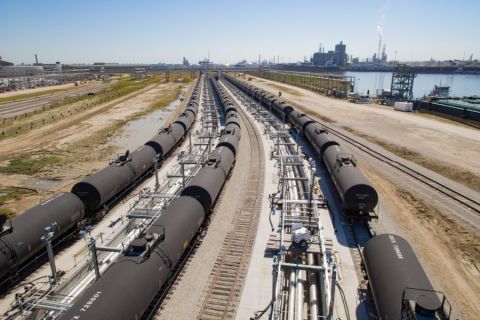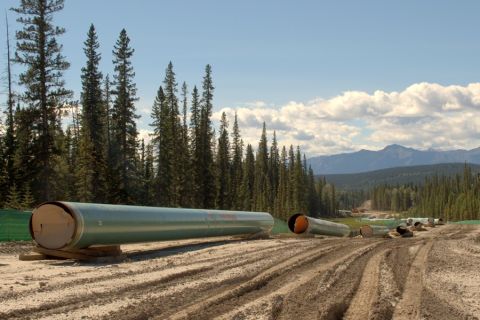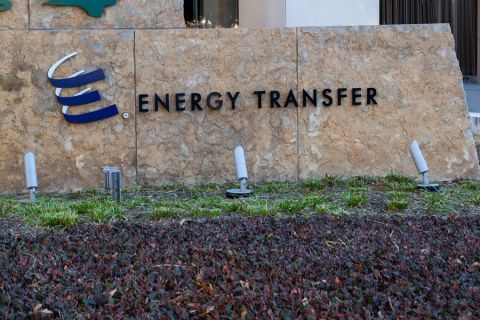By Gunjan Bagla India has a proven reserve of 775 million metric tons of crude oil and 1074 Bcm of natural gas. Compare this with Saudi Arabia, which has the largest crude oil reserves at 276 Bbbl and Russia with natural gas reserves of 47,570 Bcm. India’s undiscovered oil and natural gas is estimated to be several times that of its proven reserves. Like China, India is not self sufficient in energy production and has to depend on massive imports of oil and natural gas. India imports more than two-thirds of its energy requirements. The huge energy import costs have resulted in consistent trade deficits and the Government of India has been pushing on major exploration projects of oil and natural gas through public sector companies which falls under the Ministry of Petroleum and Natural Gas and through the private sector. All international alliances for projects in the oil and gas sector are approved through the International Cooperation division which functions under the ministry. Exploration of hydrocarbons in India is covered under the framework of New Exploration Licensing Policy (NELP). Up to 100% foreign participation is allowed under the NELP scheme. After round eight of NELP in April 2009, 33 blocks have been awarded for oil and gas exploration. Cairn Energy of UK was awarded one deepwater and one shallow-water block. BHP Bilton won three shallow water blocks. However, India’s oil ministry has not been very happy about the response to the last round of NELP. Owing to the poor response in the eighth round, the blocks on offer in NELP IX will be limited to only those where high quality data is available. This is to ensure that E&P firms will show greater interest in the auction with more data now available. Big exploration firms like ExxonMobil, Chevron, and BP still haven’t shown a great interest in India. NELP IX might see these global giants evaluating the possibility of participating in the bids. A few Canadian companies are active in the exploration scene in India. Niko Resources from Calgary was one of the earlier successful ones. Niko in 2002, discovered around 7 Tcf of natural gas in participation with India’s Reliance Industries. Canoro Resources is another Canadian company with active E&P interests in India. In May 2009, Essar Oil of India announces that it is tying up with Canoro for exploration of its two blocks which Essar won under round four of NELP. Canoro also made oil discovery in the state of Assam and drilling began in 2008. India is still dependent on foreign firms to provide with the technology needed for exploration. State owned Oil and Natural Gas Corp. (ONGC) has been in talks with ExxonMobil among others for gas production from the Krishna Godavari basin. However, the opportunity for ExxonMobil has come in the wake of Brazil’s Petrobras and Norway’s Statoil quitting the block due to the slow approvals and red tape from the government bodies. Meanwhile, ONGC announced this year that they will invest around US $30 billion over the next 10 years with a target of sourcing oil and gas to the tune of 20 million metric tons only from overseas assets. Reliance Industries in May 2010 made a major oil discovery in the Cambay basin in Gujarat and the well produced 255 b/d of oil. Cairn Energy which is well established in India saw its operating revenues in 2009-10 soaring by 45% over the previous financial year. The company has major oil fields in the state of Rajasthan and had a gross operated production of 69,059 boe/d in FY 2009-10. Gunjan Bagla is managing director at Amritt Ventures Inc.
Recommended Reading
Canadian Railway Companies Brace for Strike
2024-04-25 - A service disruption caused by a strike in May could delay freight deliveries of petrochemicals.
Enterprise’s SPOT Deepwater Port Struggles for Customers
2024-04-25 - Years of regulatory delays, a loss of commercial backers and slowing U.S. shale production has Enterprise Products Partners’ Sea Port Oil Terminal and rival projects without secured customers, energy industry executives say.
Report: Crescent Midstream Exploring $1.3B Sale
2024-04-23 - Sources say another company is considering $1.3B acquisition for Crescent Midstream’s facilities and pipelines focused on Louisiana and the Gulf of Mexico.
For Sale? Trans Mountain Pipeline Tentatively on the Market
2024-04-22 - Politics and tariffs may delay ownership transfer of the Trans Mountain Pipeline, which the Canadian government spent CA$34 billion to build.
Energy Transfer Announces Cash Distribution on Series I Units
2024-04-22 - Energy Transfer’s distribution will be payable May 15 to Series I unitholders of record by May 1.




